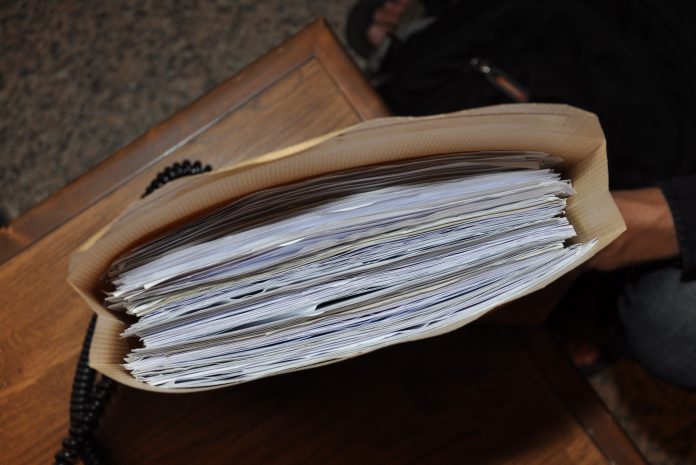Czech Prime Minister Andrej Babiš’ government pledged last year to combat corruption and protect whistleblowers. But critics are now accusing the government of dragging its feet.
In July 2018, Babiš became the first prime minister to lead the government’s special anti-corruption council.
As reported by Radio Praha online, expectations were high but some of the country’s leading anti-corruption NGOs are now saying that little actual change has taken place.
“Experience shows that if the government doesn’t start promoting reforms in the early stage of their term, very often nothing happens at the end and that leads to great disappointment,” said David Ondráčka, who heads the Czech branch of Transparency International. “In my view, the time is now to come up with proposals and try to generate political consensus. Otherwise it will be lost in translation and nothing will happen.”
In response to the criticism, the justice ministry’s spokesman Vladimír Řepka told Czech Radio that three laws have been prepared. “The ministry of justice has prepared three concrete laws,” he said. “The law concerning the Supreme Audit Office has been approved by government and was submitted to Parliament in December 2018. We also have the law on lobbying, which will contain a new amendment concerning the activity. This proposal was submitted to government on the December 27.”
However, the head of the Pirate Party’s deputies group, Jakub Michálek, said last week that several of the new anti-corruption bills tabled by the government are just recycled forms of what had already been submitted by the opposition and voted down by ruling ANO MPs.

